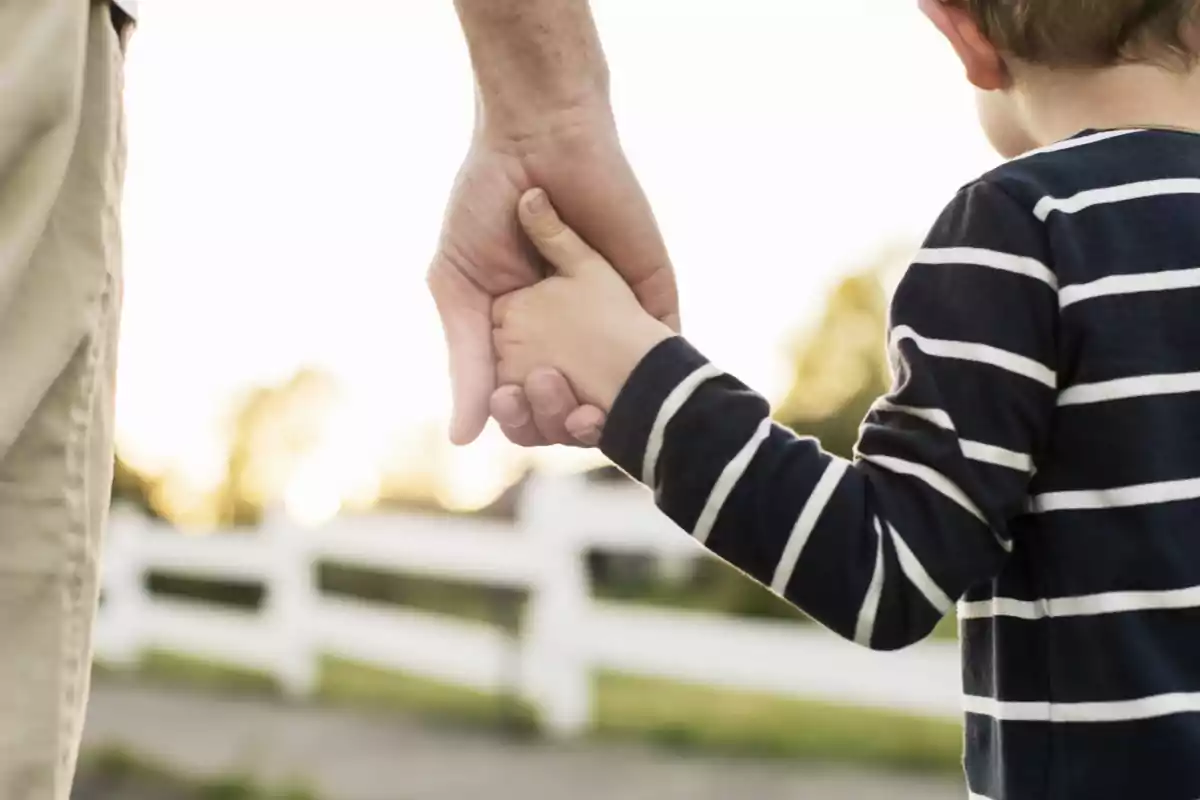Rafa Guerrero, a psychologist specialized in childhood and adolescence, has recently reflected on the effects of overprotection on young children. In his view, this phenomenon isn't about excessive care, but rather a silent trap that limits children's emotional and social development. His warning has become a call for attention for many families who, with the best intentions, end up sowing insecurity in their children.
The specialist has participated in the podcast Lo que tú digas, where he has explained how overprotection acts as an invisible obstacle in parenting. He has explained that preventing children from taking risks or experiencing things for themselves is a negative message that repeats over and over in their minds. Over time, those signals end up turning into deep beliefs that accompany the person throughout their entire life.

In this context, Guerrero has focused on a very specific consequence that shows the reach of this parenting style. He has warned that the overprotected child ends up becoming an indecisive adult who "doesn't know how to set boundaries" and who faces great difficulties saying no and making firm decisions. Far from strengthening security, overprotection fosters a chronic dependency that erodes self-confidence.
Educating from fear prevents growth: the silent impact of overprotection
The true origin of this behavior isn't found in the child's needs, but in the parents' own fears. He has explained that many times parents act driven by unsolved insecurities that they carry from their own childhood. As an example, he has mentioned a situation in which the parent, to prevent the child from suffering, ends up even cutting their steak, thus unconsciously projecting their own fears.
Faced with this tendency, Guerrero has argued that childhood must include falls, mistakes, and frustrations, because these are necessary experiences for growth. He has pointed out everyday activities, such as riding a bike, bowling, or using a knife, in which making mistakes at first is common. For him, this process is essential if the goal is to foster autonomy.
Building self-esteem from emotional support
In this context, he has emphasized the importance of providing emotional support instead of overprotecting. Validating children's anger or frustration when things don't go as they want is much more useful than solving the problem for them. With this approach, parents convey the idea that making mistakes is part of learning and that they will always have reliable support.
Finally, he has highlighted the importance of unconditional love as an essential basis in parenting. That affection can't depend on grades, sports achievements, or artistic skills. "I love my children simply because they're my children," the psychologist has stated, convinced that this certainty is the foundation of healthy and lasting self-esteem.

